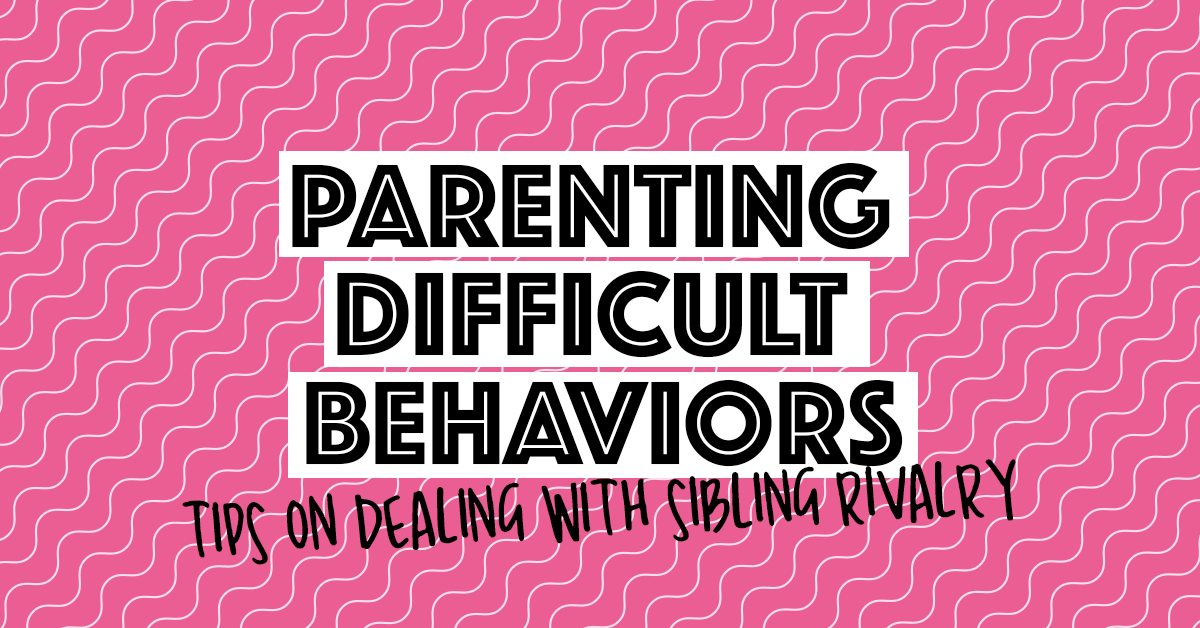
- Remember first and foremost, you are CHOOSING to be a foster parent. You need to make sure that you are going into foster care with the intention of having the child in your home be loved and cared for as if they were your own. This sounds good, until the first fight between your bio child and foster child.
- All children fight. It is not the foster child or the bio child who is always wrong. Jealousy is a large part of sibling fights. The bio child is jealous because this new child came in and took all your attention (similar things happen when a new baby is born) or they get jealous that the new child has so many people who spend “special time” with the new child (caseworkers, casa, etc.). Meanwhile, foster children are jealous because they just want to be with their family. They do not see the new family as being theirs (sometimes for a long time). The foster child also sees any attention given to the bio child as being more than what they get.
- The foster child comes into the home with an invisible suitcase that the bio child will never understand — but it is NOT the bio child’s responsibility to “understand what the foster child is coming from.” The foster parent should come at the situation talking about each child’s special needs, like one child may need to talk more than others, another child may need to spend more time in an activity, etc. This allows the children to see each other as people that may be different but are similar and special.
- Schedule special one-on-one time once a week with each child, out of the home if possible (yes, it can be time consuming, but so worth it in the end). This way each child knows that they will have their own time. This seems to minimize sibling rivalry a lot.
- Keep chores and responsibilities as close to the same as you can. Age often comes into play here; if the children are the same age, then it is much easier to have the same chores for everyone.
- At Christmas and birthdays, make sure gifts and special items are as similar in price or quantity (depending on age) as you can. At this time, foster children often receive a lot of gifts from their family or relatives, so have a closet that you have backup “gifts” for your bio child. When children are small they struggle with understanding that their birthday will be coming too (so on your bio child’s birthday, have a gift for the foster child, ESPECIALLY if they have not had a birthday in your home yet)
- Be mindful of how your extended family relates to the children. If they appear to favor one over the other, gently remind them that the other child would love to do activities too. This is sometimes very difficult if one of the children has more severe problems than the other.
- Have family meetings to talk about how the children are doing, and what they want to find out. They are the best gauge of how the home is going. A family meeting allows everyone a chance to be heard in a group setting. Use timers to make sure everyone gets the same amount of time to talk.
- Really listen to your children. If they say something is happening check it out, even if it seems like that could never happen in your home.
- Use similar consequences. Yes, your bio child may not have as much trauma compared to a foster child, so their behaviors will be different. However, it will be beneficial for all children to receive trauma-informed consequences. Sometimes it may be a good thing to allow all the children a chance to go to counseling. If the parent talks about counseling as being a good thing, and fun, the children do not see it as a bad time.
- Have fun together. Go out for ice cream, take a walk outside, or go see a movie – everyone, all at once.
- Use respite or family for breaks for everyone. Have all the children go somewhere (sometimes its different places so they get special time with others) but have it all happen at the same time. This allows the parents a chance to refresh and regroup.
- And most important — remember to love, love, love, love with everything you have. You cannot love a child too much.


